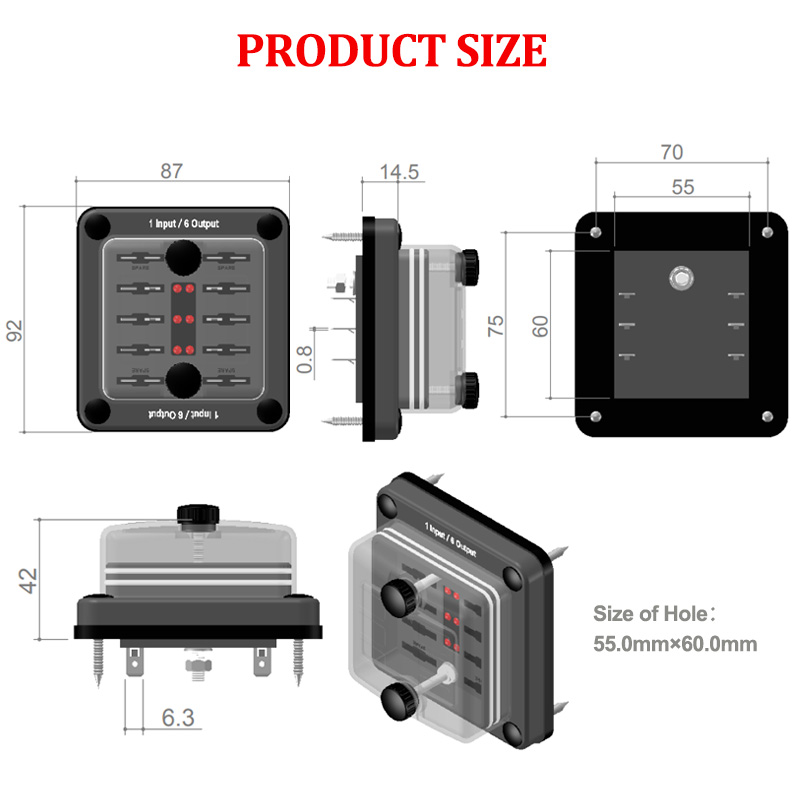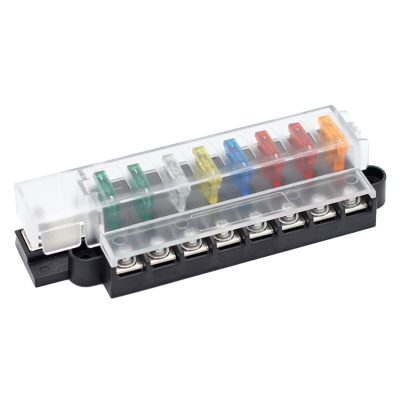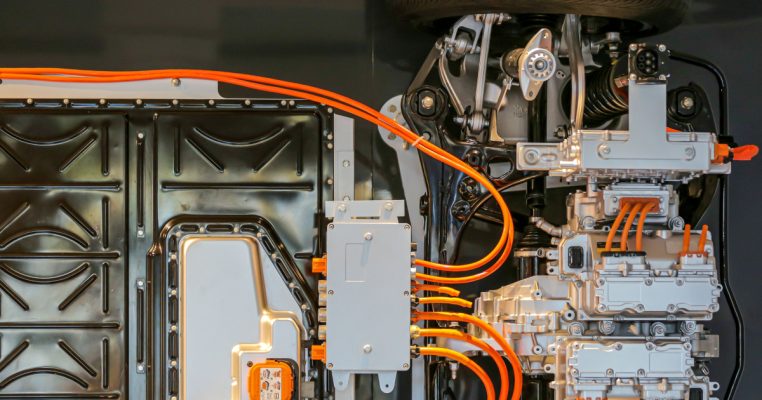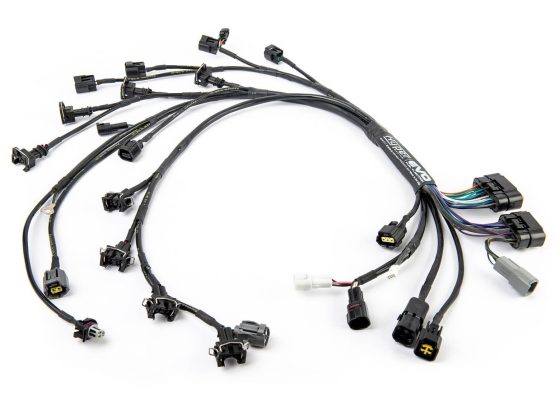Essential Requirements for Car Fuse Holders in Low-Current GPS Device Protection
News 2025-10-20
Car fuse holders play a vital role in safeguarding automotive electrical systems, especially for GPS devices that rely on low-current operations. These components are designed to protect against overcurrent and short circuits, which can cause significant damage to sensitive electronics. In vehicles, GPS units are essential for navigation and tracking, often drawing minimal power. Proper fuse holders ensure that these devices function reliably without interruption, adhering to strict safety standards set by automotive regulations. By integrating low-current protection, fuse holders help prevent failures that could lead to costly repairs or safety hazards, making them indispensable in modern vehicle designs.

Application Scenarios
GPS devices in cars are commonly used for real-time navigation, fleet management, and emergency response systems. In these scenarios, fuse holders are installed in various locations, such as under the dashboard, in fuse boxes, or within custom wiring harnesses. For low-current applications, they must accommodate devices that operate on currents as low as 100mA, ensuring protection in compact spaces like electric vehicles or hybrid systems. This setup is crucial in environments with high vibration and temperature fluctuations, where reliable fuse holders maintain circuit integrity during long drives or in harsh weather conditions.
Performance Advantages
High-quality car fuse holders offer several benefits for low-current GPS protection, including precise current interruption to avoid nuisance tripping in sensitive circuits. Constructed from durable materials like heat-resistant plastics and corrosion-proof metals, they provide excellent longevity in automotive settings. Their compact size allows easy integration into tight spaces, while features like blade or mini-fuse compatibility enhance versatility. These advantages reduce the risk of electrical fires or device malfunctions, improving overall vehicle safety and efficiency for users relying on GPS for daily commutes or professional applications.
1. What are the key features of a good car fuse holder for GPS devices?
Answer: Key features include low-current ratings, vibration resistance, compact design, and compatibility with standard automotive fuses to ensure reliable protection.
2. How does low-current protection benefit GPS systems in vehicles?
Answer: It prevents damage from minor electrical faults, extending device lifespan and maintaining accurate navigation performance in various driving conditions.
3. What factors should be considered when installing a fuse holder for a car GPS?
Answer: Consider the device’s power draw, environmental exposure, fuse type, and integration with the vehicle’s wiring to optimize safety and functionality.


